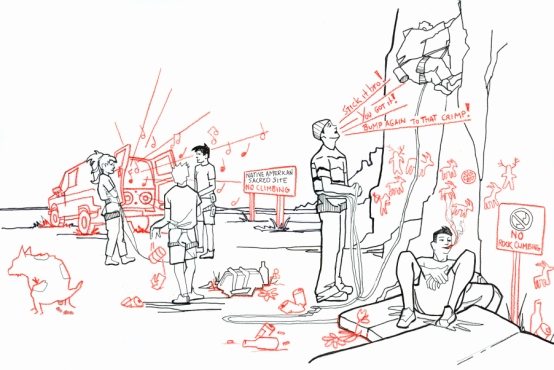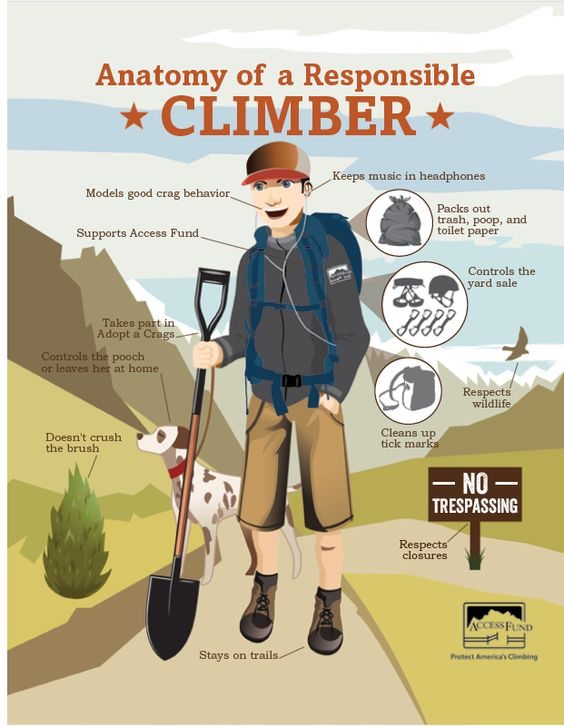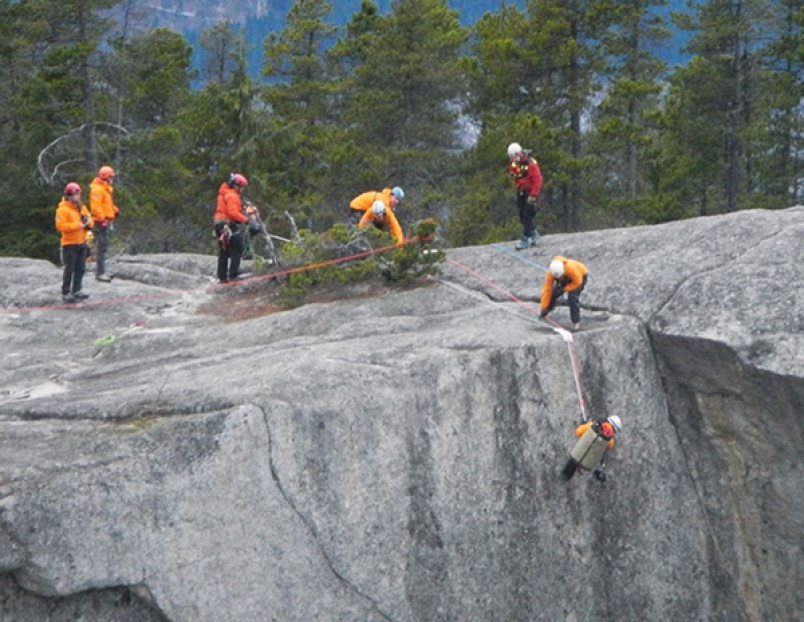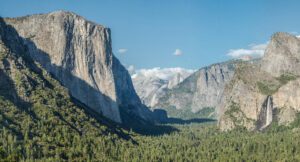Five Mid-Summer Reminders to Keep Climbing Clean

The days are getting shorter across Canada and thousands of climbers will head out climbing today. From coast to coast, there have been reports of damaging acts by climbers that could affect all of us. Here are five reminders to keep our climbing areas accessible and clean.
Take Your Trash: It’s easy to forget something at the crag, but the amount of trash being left behind this summer is worrying access groups. From beer cans to finger tape and food wrappers, popular crags such as the Smoke Bluffs, Skaha, Back of the Lake, Grassi Lakes, Lion’s Head, Val David and Cochrane Lane are not to be taken advantage of. Climbers have a reputation of being stewards of the environment, but it seems that title is being challenged. Littering is embarrassing for everyone, from those who do it to those who don’t clean it up. It shouldn’t happen in the first place, so be sure to politely let other climbers know who are forgetting trash. Smokers should be encouraged to clean up their cigarette butts because cigarette butts are nasty.

Leave Trees Alone: This is a tough one as new crag development relies on the removal of trees and vegetation. Lake Louise Ski Resort was recently fined for removing endangered whitebark pines from its slopes. This led to Parks Canada employees being told to watch out for other user groups removing trees, including climbers. In Ontario, the Ministry of Natural Resources is watching climbers with drones to inspect their impact on cliff bands. It has long been a rule to not damage trees, use trees as anchors or remove plants in at Ontario crags. In the future, access groups might require climbers to report on vegetation removal before it happens to ensure threatened species are not at risk.
Poop Smart: Some climbers these days don’t have a lot of outdoor experience and don’t know how, when and where to poop. It’s a messy subject, but one that is a constant problem for parks, access groups and land managers. At many popular crags in B.C., there are outhouses, such as in the Smoke Bluffs and Skaha. In the Bugaboos, Parks does a great job at managing human waste. At most areas in Canada, there are no toilets and climbers must rely on crafty poop skills to keep crags clean. Most of Canada’s crags are in a forest and it’s easy to dig a hole and bury everything, including toilet paper. In the alpine and desert, climbers should pack it out. Do not leave your poop sitting near a trail, crag or parking area with toilet paper covering it. We can all agree that’s gross and unnecessary.

Dirtbaggers Beware: Dirtbagging is a loose term applied to climbers who like to live cheaply, which includes few showers, free camping and little food. But dirtbagging can be cumbersome on others and access groups. With more climbers looking for a place to sleep, some are sleeping where they shouldn’t be, from parking lots to farm fields. There are places across Canada to spend the night for free, but climbing areas are not one of them. Most parking areas have signs that read “No Overnight Parking” and if they don’t, chances are it’s frowned upon by locals.
Climb Safe: There have been a record number of rescues this year in Canada, from lost hikers to injured climbers. We are lucky to have a strong group of search and rescue technicians across the country, but their resources are being stretched thin. Not all climbers areas are equal. Some have complicated approaches and others have dangerously run-out protection. There are crags where you can learn about anchors and lead climbing and there are crags that cater to the experienced. If you’re new climbing, start where you can learn safely. Be prepared so you don’t use valuable resources that could be helping others.

Leaving trash, sleeping on private property, pooping on trails, cutting down endangered trees and unnecessarily calling for rescues are serious problems happening in Canada this summer and people are noticing. Other issues include loud music, leaving excess chalk, hiking off established trails and out-of-control dogs. Remember the TREAD principles: Travel responsibly, Respect others, Educate yourself, Avoid sensitive areas and Do your part. Many of our crags and mountains are a switch away from being closed to climbers, so let’s be the environmental stewards many see us as. Our access depends on us acting responsibly.


